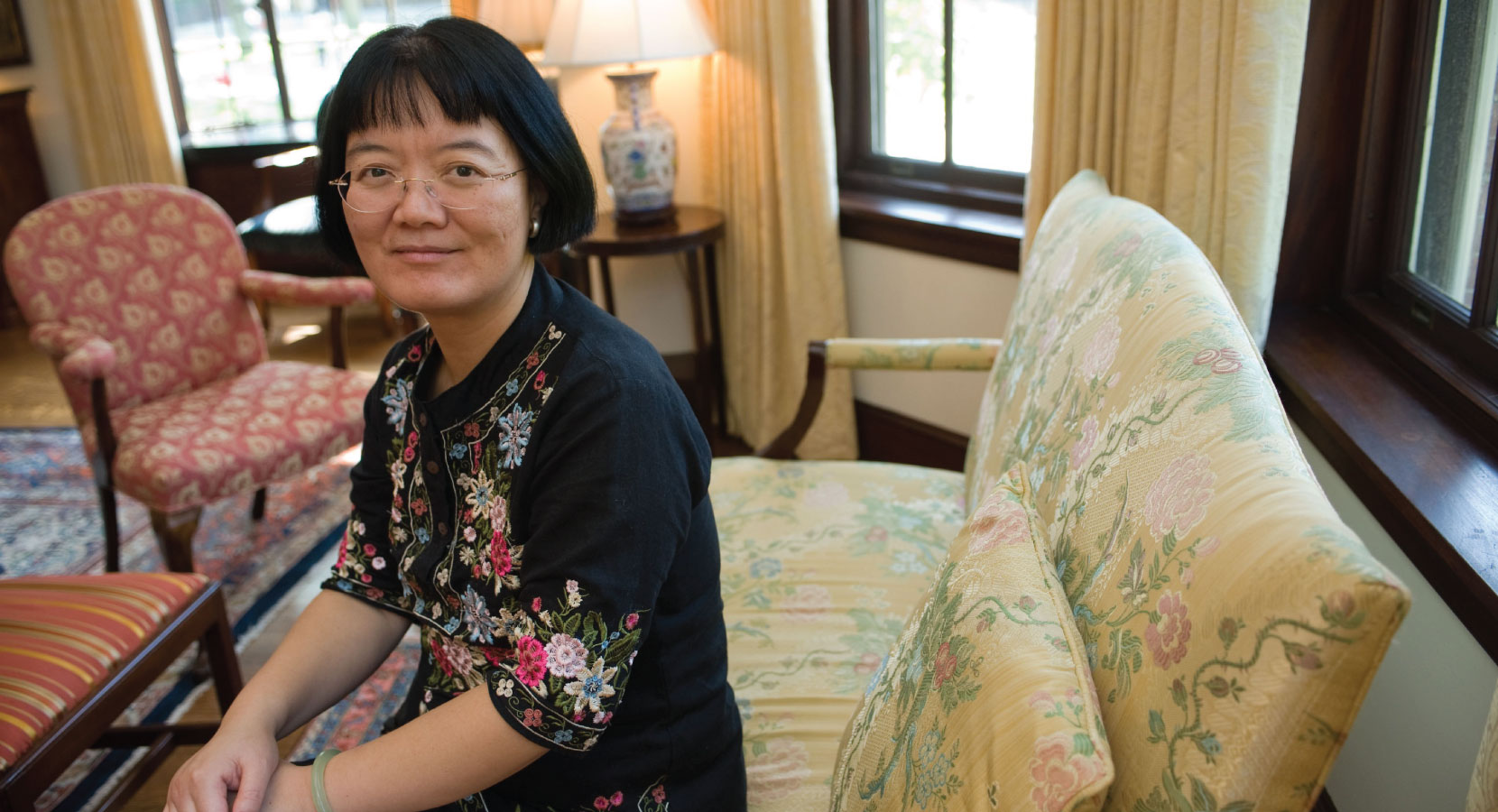
Improving Health for the World’s Poorest
Chunling Lu, PhD, grew up in China, spending a portion of her childhood with her grandparents in one of its poorest areas. “The village had no transportation and no healthcare services,” she recalls.
This experience influenced her to pursue a career helping to solve social inequities, particularly health inequality.
Lu says that while studying for her PhD in economics in the United States, her grandmother died. “She could have lived longer if she had access to proper medical care,” she laments.
Driven to improve health conditions for vulnerable populations, particularly the elderly and children, Lu is now a health economist and assistant professor in the Division of Global Health Equity at Brigham and Women’s Hospital. She works with organizations around the globe, including the World Health Organization and United Nations, to analyze the effects of global health finance on population health outcomes in developing countries.
Recently, an anonymous donor made a gift of $200,000 to further Lu’s research. “I truly value this funding and how much flexibility it provides to deepen my studies,” she says. “One of my projects studies the aid invested in improving child mortality in developing countries. We want to expand our research to look at how aid could support child development. How can we help children reach their potential and prepare them for the future labor force? Our goal is to not only help children survive, but to thrive.”
Based on her own childhood experiences, Lu wishes to study and design rural community health programs that will provide aid to families like her own—where grandparents are raising grandchildren.
“These programs will not only increase access to care for children and the elderly, but also increase employment opportunities and quality of life for young people,” she says.